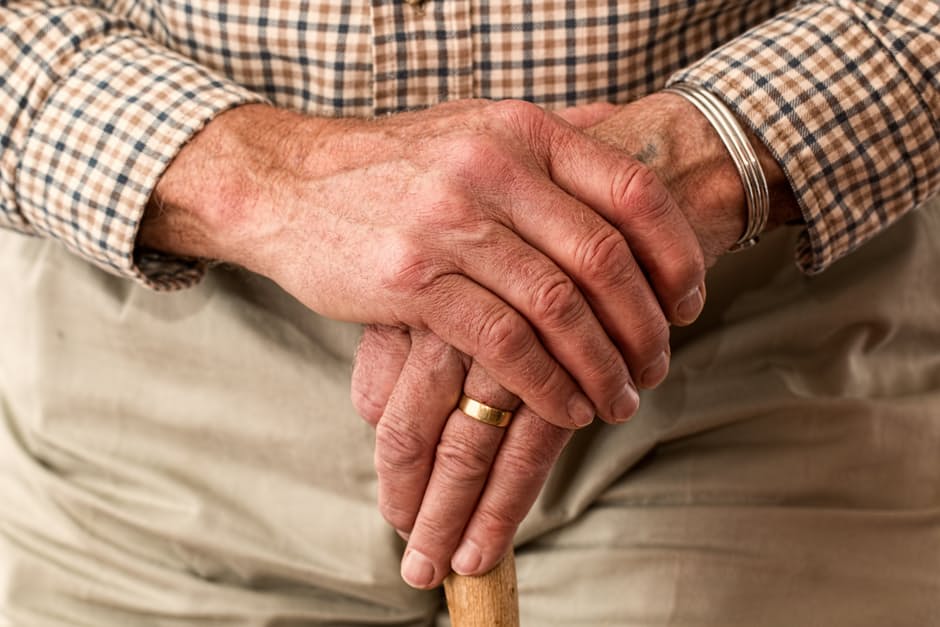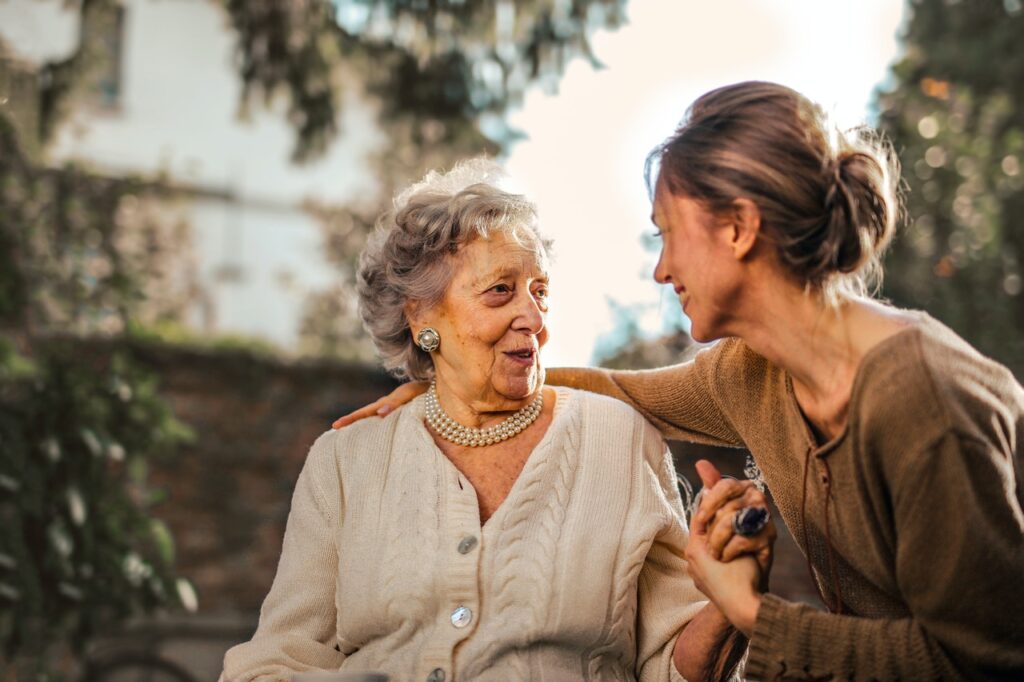Whether it’s a parent, grandparent or relative, you might be considering offering to take on the responsibility of providing care to a loved one in the future. It’s a big commitment, but it is one that can offer you the peace of mind that you need, safe in the knowledge that an important person in your life is having their needs met, and that they’re ageing in as healthy and as dignified a way as is possible.
However, being a carer can be difficult, so it’s crucial to make sure that you’re not making it any more challenging than it needs to be. With that in mind, here are a few tips to help you give the kind of care that your loved one needs while also taking care of yourself; these 7 key things to know about becoming a loved one’s carer.
Keep Their (& Your) Doctor Informed
As a carer, you are likely to want to be there for your loved one when they see the doctor, to help take information accurately and ask questions that they might not think to, in the heat of the moment.
As such, it’s vital that you inform their doctor that you are a carer. However, it’s also a good idea to tell your own GP that you are a carer, too. Carers are often amongst those who are selected first for new vaccinations and other health initiatives such as annual flu jabs. You have to be more responsible for your own health now since you can easily pass things like viral infections to the person that you are caring for.
Get The Assistance That You Need
If you are a carer, you’ll be reassured that there may be some help you can get in order to carry out the role responsibly. The financial assistance on offer can be particularly useful.
Take a look at websites like Carers Trust that can point you in the way of various kinds of forms of local and nationwide government assistance, whether it be carers personal budgets from the council or Carer’s Allowance that you can apply for if you don’t already receive it.
There are also grants, funds, and discounts that might be able to apply to you to help you buy essential equipment or meet the daily costs of caring more easily.

Focus On Providing Independence
While there are plenty of things that you can help your loved one with, you should also endeavour to help them take care of themselves in little and large ways when they are able. Check out these tips on ways to remotely support elderly love ones for more on that.
When they have the opportunity to exercise their independence, it can have a significant, positive impact on your loved one’s state of mind and outlook. This might be as simple as going to get the groceries or tending to the garden. You can be with them, but let them take care of what they can and help them remain independent by making sure they have opportunities to socialise, exercise, and eat healthy meals. Good nutrition and health habits can be crucial to keeping more of our independence as we age, so encourage an active participation in meal planning and preparation where possible.
Make The Home Better For Both Of You
In order to help your loved one be more independent in their own home, you might want to consider looking at how you can adapt the home to better suit any access issues they might be having.
Take the time to arrange a full assessment, including a Care Needs Assessment, to look at the various ways that you can improve the home to allow your loved one to do more things without direct assistance. This is arranged through your local council, and following this free assessment, they will provide you with assistance regarding equipment such as walking frames and personal alarms, stairlifts, practical help and advice from paid carers and access to day centres.
Though you’ll generally be expected to pay towards the cost of social or elderly care, you can also request a means test to see if the council will help financially with your loved one’s care.
Don’t Do It All Yourself
Taking care of a loved one alone can be tough. If you’re starting to feel the strain of being ‘on-call’ all the time, then make sure you can set aside time for yourself. Perhaps another member of your family can help take over or if you want to make sure that you’re offering your loved one the very best standards of care, respite care services can lighten the load.
These respite care services can work with you to figure out exactly what standards of care you are offering and, from there, make sure that they stay consistent with your methods to offer both you and your loved one peace of mind. This is a more affordable option than full time care provided by an external source, and represents something of a compromise so you can take care of other responsibilities in your life whilst still offering the best, most thorough care to your loved one.
Beyond respite care, you might also consider professional domiciliary care that can provide regular support with daily activities like personal care, medication management, and meal preparation. As the team at SweetTree home care services report, these services can be tailored to your loved one’s specific needs, whether that’s a few hours a week or daily visits, helping maintain their independence while ensuring they receive consistent, professional care.
Get Advice From Experts
No-one starts off in any role being perfectly suited to it, and if you’re new to being a carer, then do keep in mind that you have a lot to learn. Experience and knowledge take time to accrue, and sometimes, it’s worth consulting the experts for invaluable advice and guidance.
Administering care and being on-call to meet the needs of a loved one 24/7 can be very demanding indeed. If you’re trying to figure out where to start or facing new challenges that you don’t know how to deal with, then you might want to look at joining one of the carers support groups out there in the UK, where carers just like you can swap tips, offer advice and form a support network and a strong sense of community.
If you do have a respite carer working with you, then don’t be afraid to ask them for tips, too.

Have Someone To Talk To
Try to be aware of your own emotional wellbeing and don’t be in denial if you’re feeling stressed or isolated. Not only is it unkind to yourself, but this kind of suffering will start to affect the standards of care that you give. Self-compassion is often the key to giving great care, so consider number one, too.
Having a support structure for both you and your loved one is vital; caring is tough work, but with people around you to help and to talk to, the pressure of the task is somewhat lessened. Fortunately, there are plenty of free online services you can turn to if you, yourself, is feeling overwhelmed by the responsibilities and pressures of providing care.
Helping a loved one is noble, but don’t sacrifice yourself to do it. Consider your own needs as well and look for the little ways to help make being a carer a little easier.
Stay Informed About Legal Matters
As a carer, it’s important to stay informed about the legal aspects of caregiving. This includes understanding the rights of the person you are caring for, as well as your own rights as a carer. Make sure you are aware of any legal documents that might be necessary, such as power of attorney, living wills, and advance directives. These documents can help ensure that your loved one’s wishes are respected and can provide you with the legal authority to make decisions on their behalf if they are unable to do so.
Additionally, familiarise yourself with any legal protections and benefits available to carers, such as employment rights and anti-discrimination laws. Staying informed about these legal matters can help you navigate the complexities of caregiving with greater confidence and peace of mind.





